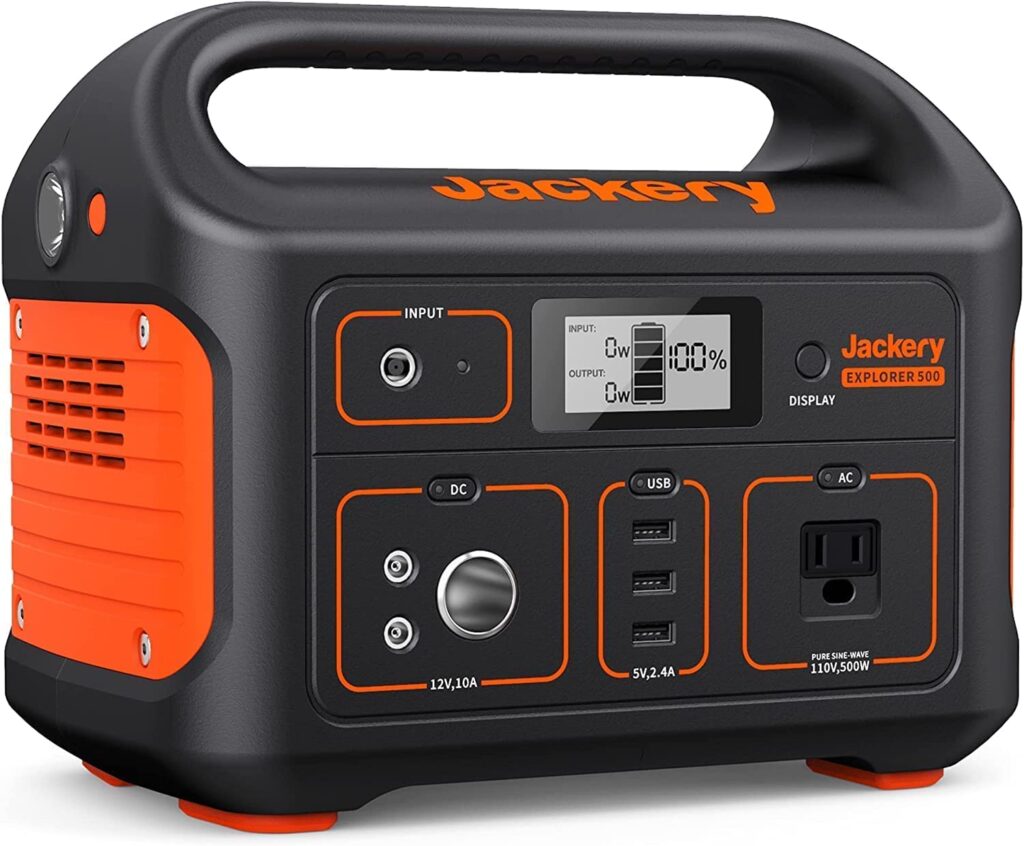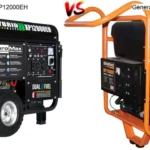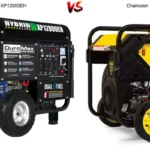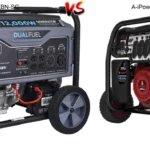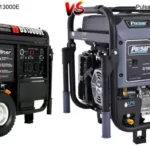Generators have become a popular choice for providing backup power in both homes and businesses. Whether you are looking for a reliable source of power for camping, tailgating, or emergency situations, a battery generator can be a great choice. In this article, we will provide an overview of battery generators, reviews of popular models, and essential tips for selecting the right generator for your needs. So, if you are looking to learn more about battery generators, read on for everything you need to know.
Types of Battery Generators
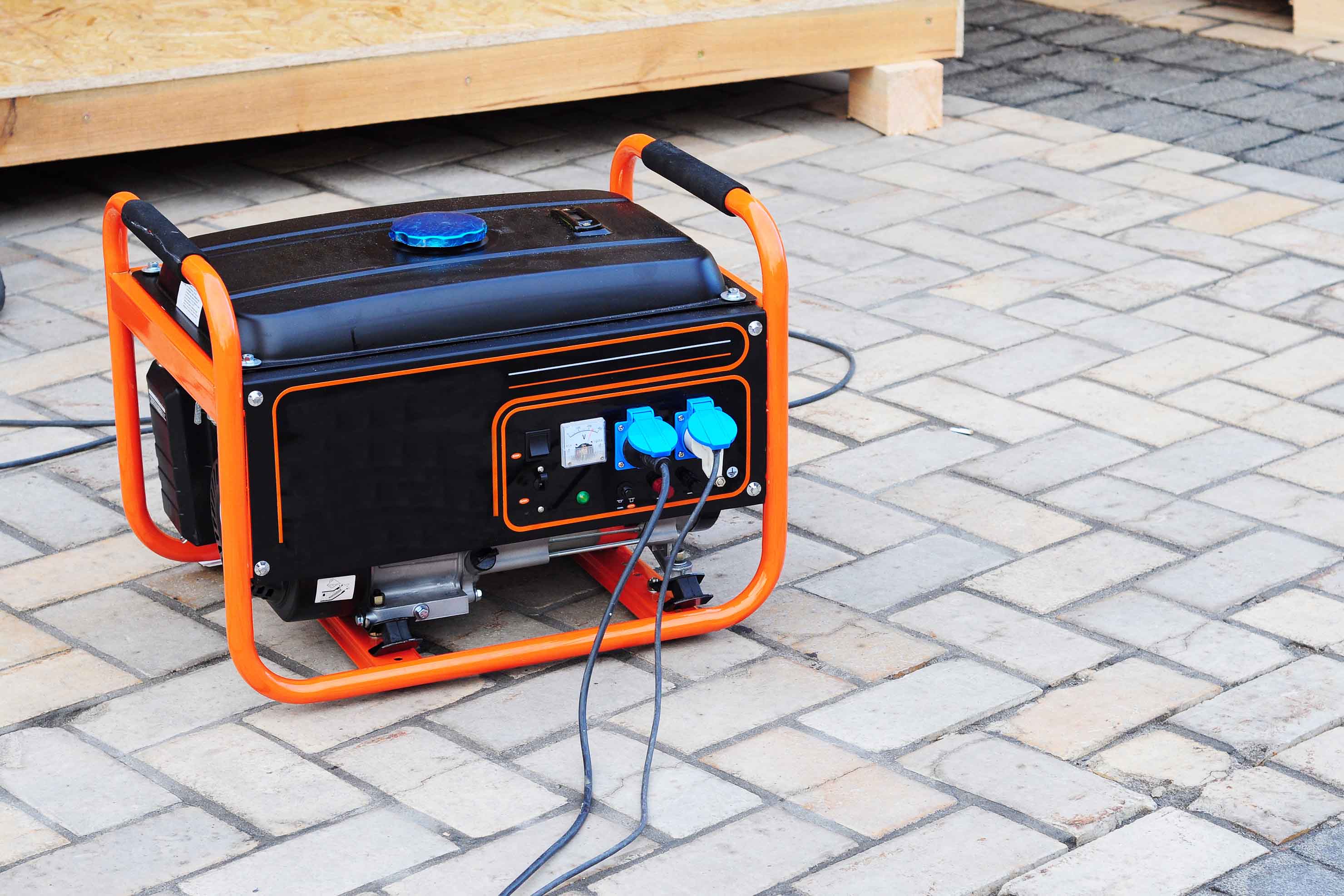
Portable Battery Generators
Portable battery generators are small and lightweight, making them easy to transport and store. They are ideal for camping, tailgating, or other outdoor activities where you need a reliable source of power. They are often powered by either a sealed lead acid (SLA) or lithium-ion battery.
Rechargeable Battery Generators
Rechargeable battery generators are designed to be plugged into an AC outlet and recharged for use. They are typically used for emergency backup power and are available in a variety of sizes, from small portable models to larger, more powerful units. They are powered by lead acid, lithium-ion, or nickel-metal hydride batteries.
Battery Powered Inverter Generators
Battery powered inverter generators are designed to be used as portable power sources. They are ideal for camping, tailgating, or other outdoor activities where you need a reliable source of power. They are powered by sealed lead acid (SLA) or lithium-ion batteries and can be recharged when needed.
Battery Powered Backup Generators
Battery powered backup generators are designed to provide backup power in the event of a power outage. They are powered by sealed lead acid (SLA) or lithium-ion batteries and can be recharged when needed. They are typically larger than portable battery generators and are usually mounted on a trailer or in a permanent location.
Benefits of Battery Generators
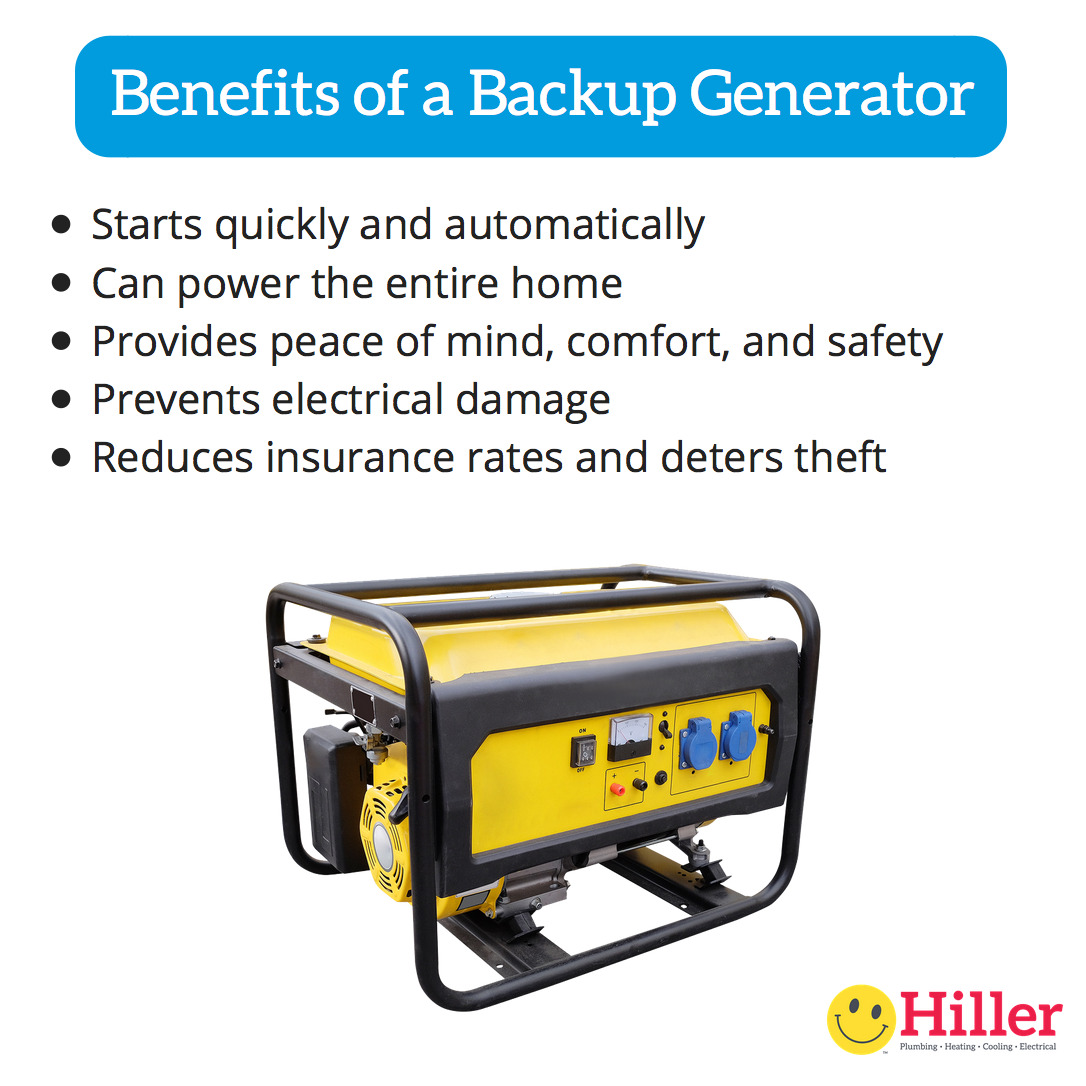
Battery generators are a reliable and efficient source of power in various applications. These generators offer a variety of benefits, including:
1. Low Noise and Vibration: Battery generators are much quieter than traditional gasoline-powered generators. This makes them ideal for use in residential areas, campsites, and other places where noise and vibration may be a concern.
2. Eco-Friendly: Battery generators are powered by clean, renewable energy sources such as solar, wind, and hydroelectricity. These renewable energy sources produce no emissions, making them an environmentally friendly option.
3. Cost Effective: Battery generators are much more cost effective than traditional gasoline-powered generators. They require less maintenance and are more efficient, resulting in lower operating costs.
4. Reliable: Battery generators are reliable and durable, and can handle heavy loads without any problems. They are also easier to start, as they don’t require any fuel to get going.
5. Portable: Battery generators are easy to transport, making them a great option for camping, tailgating, and other outdoor activities.
Overall, battery generators offer a variety of benefits that make them an attractive option for those looking for a reliable source of power. They are quiet, eco-friendly, cost effective, reliable, and portable, making them a great choice for a variety of applications.
How to Choose the Right Battery Generator
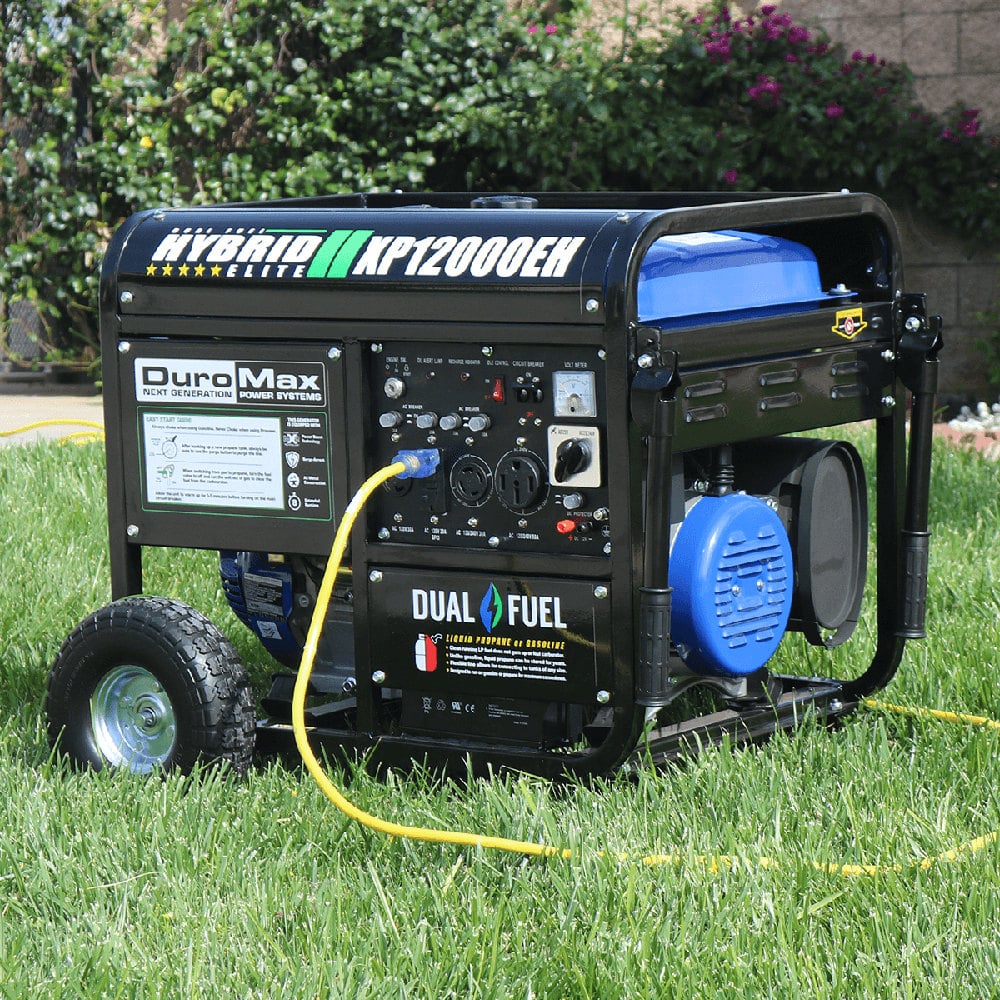
When it comes to powering your home or business, a battery generator can be a great choice. But it’s important to make sure you select the right battery generator for your needs. Here are a few tips to help you make the best choice:
- Consider Your Power Needs: The first thing to consider when selecting a battery generator is your power needs. How much power do you need to run your appliances, electronics, and other devices? Make sure you choose a generator that can provide enough power to meet your needs.
- Think About Battery Type: Battery generators come in a range of types, from lead-acid to lithium-ion. Each type has its own advantages and disadvantages, so consider which type will best meet your needs.
- Check For Compatibility: Make sure the battery generator you choose is compatible with the appliances and electronics you plan to use.
- Look at Battery Capacity: Battery capacity is important, as it determines how long your generator can run before needing to be recharged. Make sure to choose a generator with the capacity to meet your power needs.
- Check Reviews: Before making your purchase, take some time to read reviews from other customers to make sure you’re getting a quality product.
With these tips in mind, you can be sure to find the right battery generator for your needs.
Helpful Tips for Battery Generator Owners
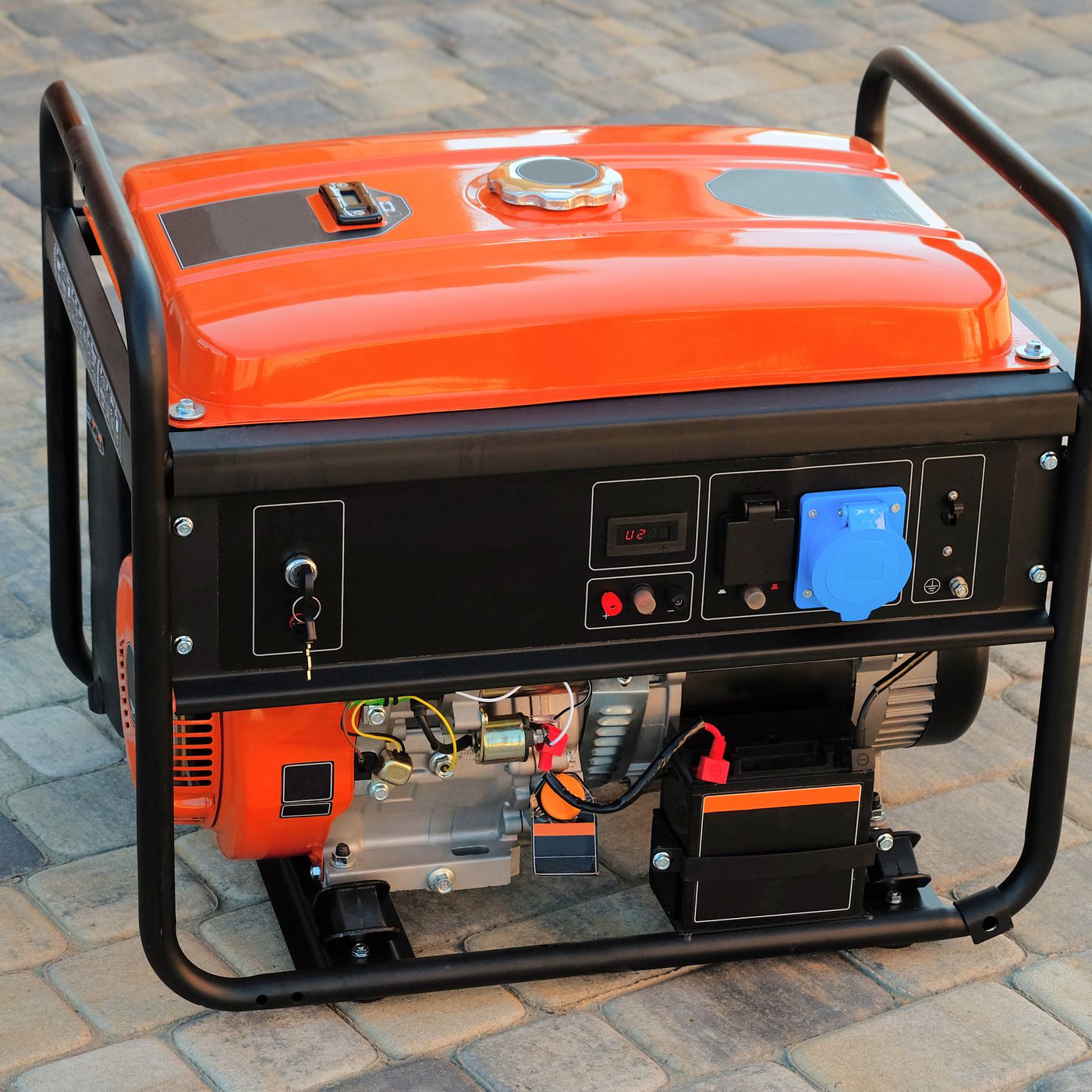
Owning a battery generator can be a great way to stay prepared for unexpected power outages or to provide power to your home during an emergency. However, proper maintenance and care of your battery generator is essential to ensure it stays in good condition and runs efficiently. Here are some helpful tips for battery generator owners:
- Always ensure your generator is properly powered and connected to the appropriate outlets. Check all cords and outlets for any signs of damage before use.
- Check the oil level and replace the oil filter regularly. This will help keep your generator running smoothly and efficiently.
- Keep your generator clean and free of debris. This will help prevent any dirt or dust from getting into the generator and causing damage.
- Inspect the generator regularly for any signs of wear or damage. Pay special attention to the batteries and inspect them for any signs of corrosion or leaking.
- Charge the batteries regularly and ensure they are always kept at full capacity.
- Store your generator properly in a dry, cool place and cover it when not in use.
By following these tips, you can keep your battery generator running in top condition and extend its lifespan. Proper maintenance and care of your generator will help ensure it is always ready to provide power when needed.
Maintenance Tips for Battery Generators

Keeping your battery generator in top condition is essential for its longevity and performance. Here are a few maintenance tips to help you keep your battery generator running smoothly:
- Check the oil level regularly. If it is low, add oil of the recommended type until the level is correct.
- Change the oil in the generator at least once a year, or more frequently if the generator is used heavily.
- Check the fuel filter and fuel lines for any blockages or contamination.
- Check the spark plugs and wires and replace them if necessary.
- Clean the air filter regularly to prevent the engine from becoming clogged and reducing performance.
- Check the battery terminals for corrosion and clean them with a wire brush if necessary.
- Check the battery for any signs of damage or leakage, and replace it if necessary.
- Check the voltage regulator and replace it if it is faulty.
- Check the wiring for any signs of wear or damage, and repair or replace it if necessary.
- Check all the connections and tighten any loose screws or bolts.
- Check the generator for any signs of damage or wear, and repair or replace it if necessary.
By following these maintenance tips, you can ensure that your battery generator is running optimally and reliably.
Common Problems with Battery Generators
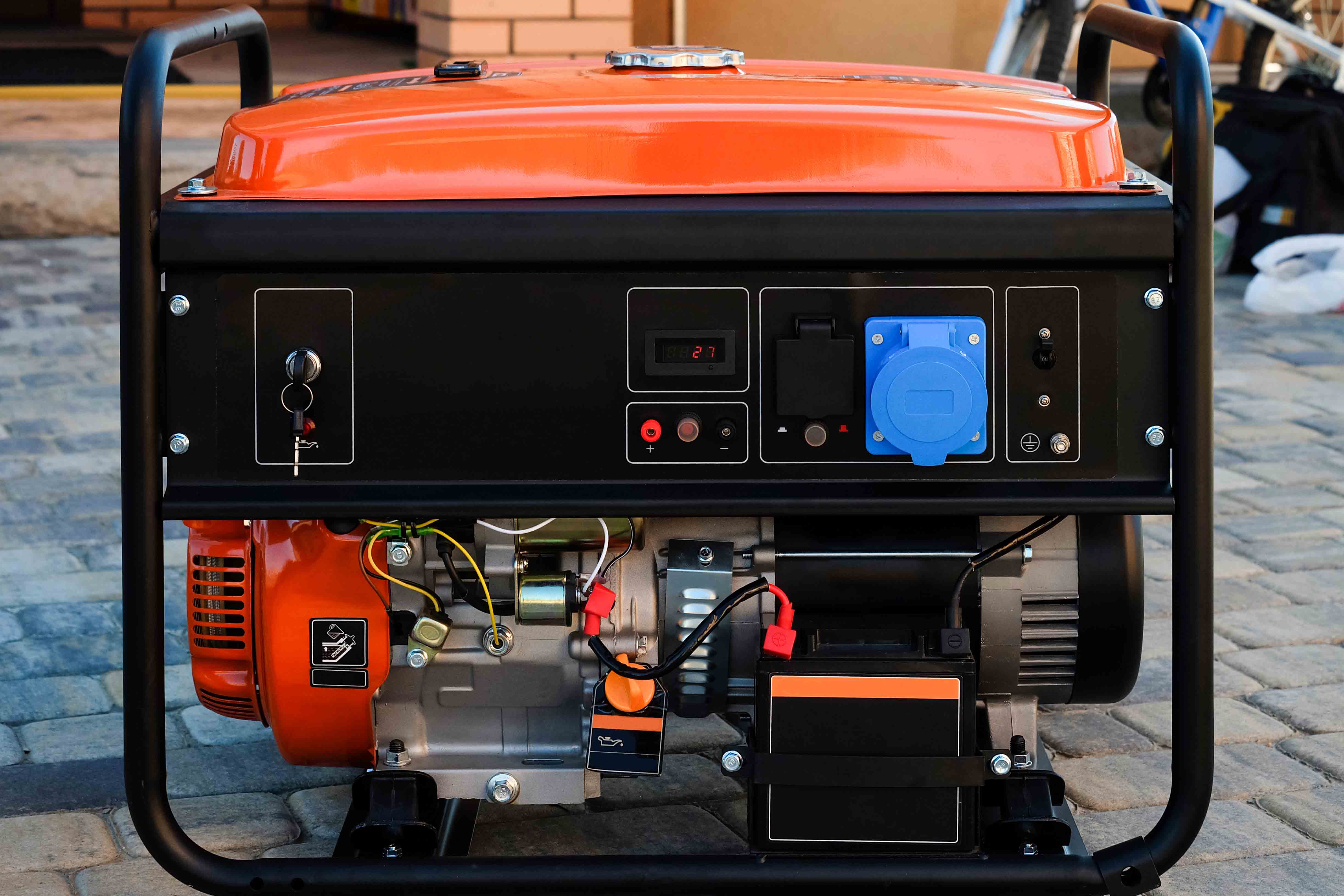
Battery generators, while a useful and convenient source of power, can be prone to problems. Here are some of the most common issues that can arise when using a battery generator:
- Battery Failure: Battery generators rely on their batteries to function. Over time, batteries can fail and need to be replaced. This is a common problem with battery generators and can be very expensive to fix.
- Lack of Power: Battery generators are limited in the amount of power they can produce. If too many appliances are connected to the generator, it can cause the generator to shut down.
- Temperature Sensitivity: Batteries are temperature-sensitive and can be damaged by extreme temperatures. If a battery generator is operated in extremely hot or cold temperatures, it can damage the battery and reduce the life of the generator.
- Noise: Battery generators can be noisier than other types of generators. This can be a problem if you’re using the generator in an area with noise restrictions.
- High Maintenance: Battery generators require regular maintenance and care. Batteries need to be charged regularly and the generator must be kept clean and free from dirt and debris. Failure to do this can result in damage to the generator and reduced performance.
- Short Run Time: Battery generators generally have a shorter run time than other types of generators. This can be a problem if you need to run the generator for an extended period of time.
If you’re considering using a battery generator, it’s important to be aware of the potential problems that can arise. Taking steps to ensure proper maintenance and care of your generator will help to reduce the risk of problems and ensure that your generator is running smoothly.
How to Test a Battery Generator
Testing a battery generator is essential in order to ensure that it is functioning properly. The testing process can be broken down into the following steps:
- Check the battery. Test the battery with a voltage meter to make sure it has enough charge to power the generator. Make sure that the cables are securely connected to the terminals.
- Test the electrical output. Use a multimeter to measure the voltage at the generator’s output and check if it is within the acceptable range for your application.
- Check the fuel system. Make sure the fuel tank is full and the fuel line is free of any obstructions. Inspect the fuel filter for any blockage or damage.
- Test the ignition system. Check the spark plug gap and make sure it is within the manufacturer’s recommended specifications. Also, make sure that the spark plug connections are secure.
- Check the cooling system. Make sure the radiator is filled with coolant and the cooling fan is working properly. Also, check the hoses for any signs of wear or leaks.
- Check the oil level. Make sure the oil is at the proper level and that the oil filter is clean and in good condition.
- Run the generator. Start the generator and let it run for a few minutes. Check for any unusual noises or vibrations that might indicate a problem.
- Inspect the exhaust. Look for any signs of smoke or unusual odors that might indicate a problem.
- Test the safety features. Make sure the generator has all the necessary safety features such as a low oil shut-off, an over-speed governor, and a spark arrestor.
Once you have completed all of these steps, your battery generator should be ready to use. However, if you notice any issues, be sure to have them addressed before using the generator.
Frequently Asked Questions
1. What are the advantages of using a rechargeable portable generator?
A rechargeable portable generator is a convenient and efficient way to provide reliable power for a variety of uses. There are many advantages to using a rechargeable portable generator, such as:
- Compact and lightweight design – Rechargeable portable generators are usually smaller and lighter than regular generators, making them easier to transport and store.
- Cost-effective – Rechargeable portable generators are usually less expensive than regular generators.
- Eco-friendly – Rechargeable generators run on electricity, meaning they produce zero emissions and are therefore more environmentally friendly than gas-powered generators.
- Quiet operation – Rechargeable portable generators typically produce very little noise, making them ideal for camping and other outdoor activities.
- Easy to maintain – With no fuel tanks or oil filters to worry about, rechargeable portable generators are easy to maintain and keep running.
In conclusion, rechargeable portable generators offer a convenient and cost-effective way to provide reliable power, with the added benefit of being eco-friendly and relatively quiet.
2. How does a battery powered inverter generator work?
A battery powered inverter generator is a type of generator that uses a battery to convert DC power into AC power. This type of generator is often used for portable power applications, such as camping and RVing.
Here is how it works:
- The battery is connected to the inverter generator and is used to provide DC power.
- The inverter generator then converts the DC power into AC power.
- The AC power is then used to power whatever device is connected to it.
Battery powered inverter generators are great for those who need to generate power without having access to a traditional power source. They are also very efficient, as they are able to convert the DC power from the battery into AC power with very little loss.
3. What are the benefits of using a battery operated home generator?
- Portability: Battery operated generators are much smaller and lighter than traditional gas generators, making them easy to move and transport.
- Quiet Operation: Battery operated generators are much quieter than traditional gas generators, making them ideal for use in residential areas.
- Clean Energy: Battery operated generators emit no greenhouse gases, making them more eco-friendly than traditional gas generators.
- Low Maintenance: Battery operated generators require much less maintenance than traditional gas generators, and do not need to be refilled with fuel.
- Cost Savings: Battery operated generators are more cost-effective than traditional gas generators, as they require less fuel, maintenance, and repairs.
4. What is the difference between a battery operated generator and a battery powered generator?
The main difference between a battery operated generator and a battery powered generator is the source of their power. A battery operated generator is powered by a battery, while a battery powered generator uses an external source of electricity.
- Battery Operated Generator – This type of generator is powered by a removable battery, usually rechargeable. It relies on the energy stored in the battery to generate electricity and is ideal for short-term use in remote locations or during power outages.
- Battery Powered Generator – This type of generator is powered by an external source of electricity, such as a wall outlet or generator. It is usually more powerful than a battery operated generator and is better suited for long-term use or in situations where a large amount of power is required.
5. What is the Best Battery Powered Portable Generator for Camping?
When you’re camping, you want to be able to enjoy the outdoors and have all the comforts of home. This means having access to electricity, which can be easily achieved with a battery powered portable generator. Here are the five best battery powered portable generators for camping:
- WEN 56200i: This generator is lightweight and portable, weighing in at only 48 lbs. It is powered by gas and has a peak power output of 2000W. It has a run time of 8.5 hours and a noise level of 51 decibels, making it the perfect choice for quiet camping trips.
- Champion 3400-Watt Dual Fuel Generator: This generator is great for camping in remote areas. It is dual fuel, meaning it can run on gasoline or propane, giving you the flexibility you need when camping. It has a peak power output of 3400W and a run time of up to 8 hours. It also has a noise level of 68 decibels, making it louder than the WEN 56200i.
- Westinghouse WGen7500: This generator is great for powering multiple appliances at once. It is powered by gas and has a peak power output of 7500W. It has a run time of up to 16 hours and a noise level of 72 decibels, making it the loudest option on the list.
- Generac 7117 GP2200i: This generator is great for camping trips with a large group of people. It is powered by gas and has a peak power output of 2200W. It has a run time of 6.5 hours and a noise level of 52 decibels, making it the second quietest generator on the list.
- Pulsar PG2000iS: This generator is great for camping trips with a small group of people. It is powered by gas and has a peak power output of 2000W. It has a run time of 8 hours and a noise level of 51 decibels, making it the quietest option on the list.
No matter what type of camping trip you’re planning, one of these five battery powered portable generators will ensure that you have the electricity you need to make your camping experience as comfortable as possible.
Conclusion
In conclusion, battery generators are an incredibly useful and versatile tool for a variety of situations. Whether you need a reliable source of power for camping, outdoor events, or home backup, a battery generator can provide the power you need. They are also relatively easy to use, and some models are even portable, making them a great option for on-the-go power. With the right information and research, you can find the perfect battery generator for your needs.
References
- Kumar, S. (2020). Types of Generators and Their Applications. Electrical Engineering Stack Exchange. Retrieved from https://electronics.stackexchange.com/questions/214525/types-of-generators-and-their-applications
- Mihalic, S. (2018). The Complete Guide to Home Generators: Reviews, Tips & Problems. The Spruce. Retrieved from https://www.thespruce.com/home-generators-4113339
- Generac. (n.d.). What is a Generator?. Retrieved from https://www.generac.com/support/faqs/what-is-a-generator
- Environmental Protection Agency. (2016). Portable Generators: Tips for Use in Emergencies. Retrieved from https://www.epa.gov/sites/production/files/2016-10/documents/portable_generators_tips_for_use_in_emergencies.pdf
